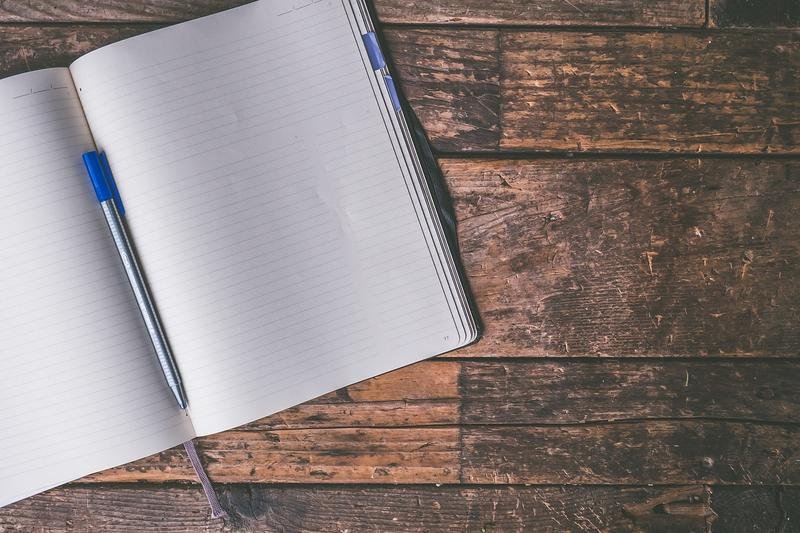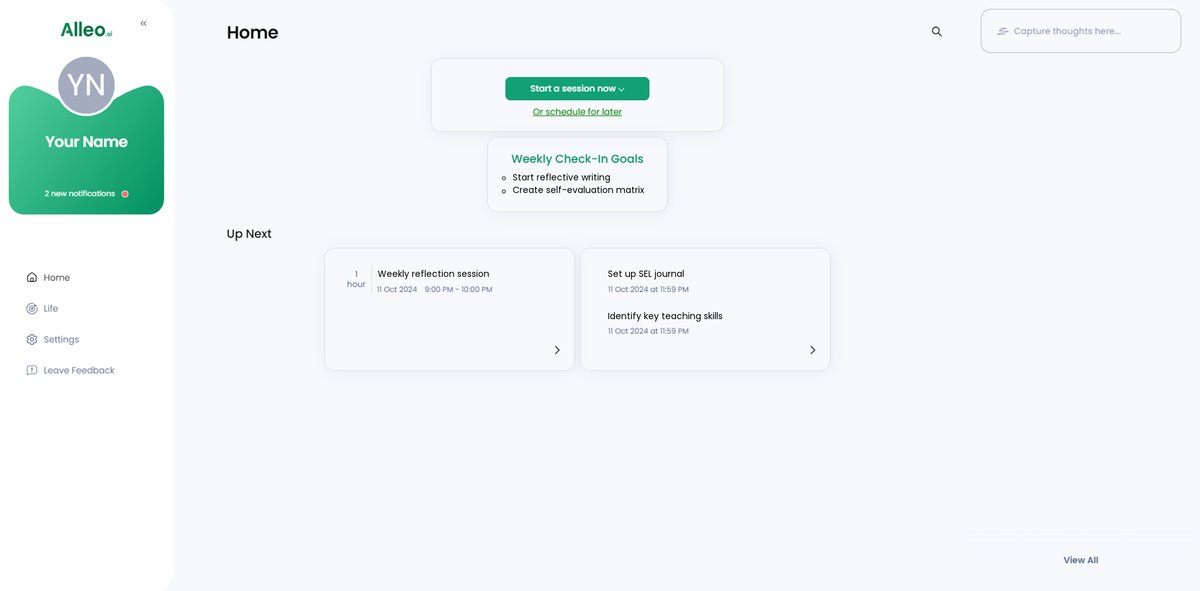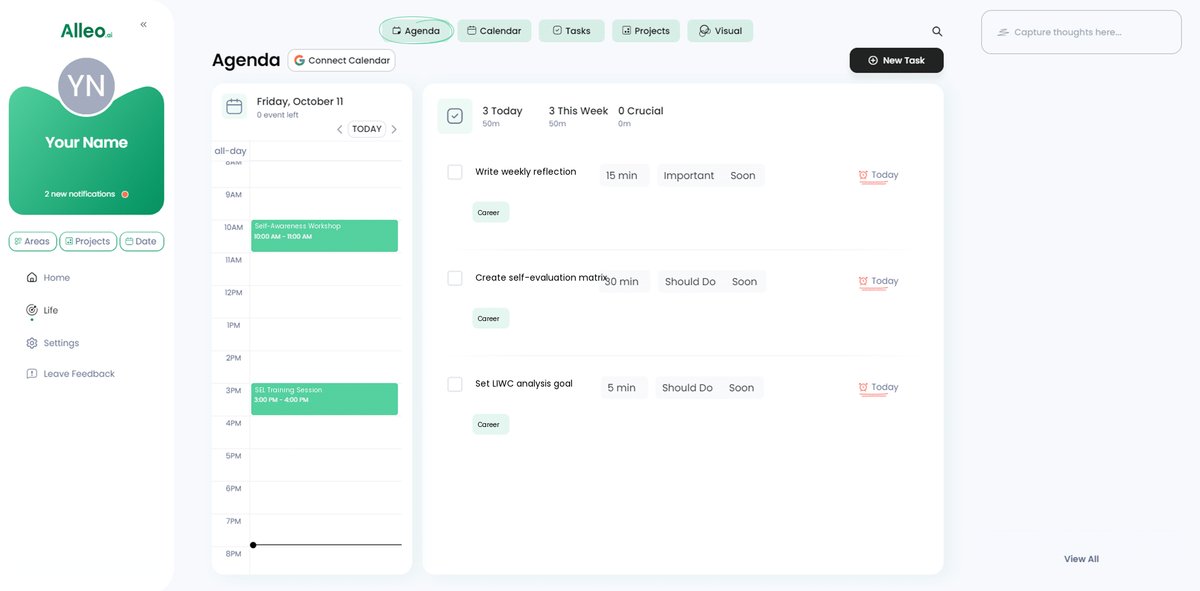The Ultimate Guide: How Teachers Can Boost Self-Awareness Through Psychological Profiling
Have you ever felt stuck in your teaching career because you struggle with self-awareness? Improving teacher self-awareness techniques can be a game-changer for educators.
As a life coach, I’ve helped many educators navigate this challenge. In my experience, understanding oneself is key to personal and professional growth. Professional development for self-awareness can significantly impact classroom management and self-reflection practices.
In this article, you’ll discover how to use reflective writing, SEL principles, self-evaluation matrices, and psycholinguistic analysis to enhance self-awareness. These self-assessment tools for educators can boost emotional intelligence in teaching and improve teacher-student relationships.
Let’s dive into these improving teacher self-awareness techniques.

Understanding the Challenges of Self-Reflection and Profiling
Many educators struggle with self-reflection and psychological profiling when improving teacher self-awareness techniques. These tasks can feel overwhelming without proper self-assessment tools for educators and structured methods.
In my experience, self-awareness is crucial for both personal and professional growth in teaching. Yet, accurately developing psychological profiles and enhancing emotional intelligence in teaching can be daunting.
Several clients report feeling stuck and unsure where to start with teacher mindfulness techniques. This uncertainty can hinder effective teaching and personal development, impacting classroom management and self-reflection practices.
Without structured methods for professional development for self-awareness, self-reflection can seem like a never-ending task. It’s essential to find practical approaches to make this journey easier and more productive, focusing on improving teacher-student relationships and addressing cognitive biases in teaching.

Overcoming this challenge requires a few key steps. Here are the main areas to focus on to make progress in improving teacher self-awareness techniques:
- Use Reflective Writing for Self-Assessment: Regular reflections can reveal patterns and insights, serving as effective self-assessment tools for educators.
- Apply SEL Principles to Personal Development: Daily SEL practices can enhance self-awareness and emotional intelligence in teaching.
- Create a Self-Evaluation Matrix for Skills: Evaluate and improve your teaching skills systematically, supporting professional development for self-awareness.
- Utilize LIWC for Psycholinguistic Analysis: Analyze writings to understand your psychological profile, aiding in psychological profiling in education.
Let’s dive into these improving teacher self-awareness techniques!
1: Use reflective writing for self-assessment
Reflective writing is essential for improving teacher self-awareness techniques and professional growth in teaching.
Actionable Steps:
- Dedicate time each week for reflective writing sessions as part of self-assessment tools for educators.
- Use prompts to guide reflections on recent teaching experiences and emotions, enhancing emotional intelligence in teaching.
- Summarize key insights from reflections monthly to identify patterns and support professional development for self-awareness.
Explanation: These steps matter because they provide a structured approach to self-reflection. By regularly writing and analyzing reflections, you can uncover valuable insights into your teaching practices and improve classroom management and self-reflection.
According to USC’s writing guide, reflective writing helps break down personal doubts and highlights hidden abilities. This process contributes to continuous improvement and personal development, including improving teacher-student relationships.
Key benefits of reflective writing include:
- Increased self-awareness
- Improved problem-solving skills
- Enhanced emotional intelligence in teaching
Incorporating reflective writing into your routine can transform your teaching effectiveness and self-awareness, serving as one of the essential self-improvement strategies for educators.

2: Apply SEL principles to personal development
Applying Social and Emotional Learning (SEL) principles can greatly enhance self-awareness for educators, serving as one of the key improving teacher self-awareness techniques.
Actionable Steps:
- Integrate SEL practices into daily routines to foster self-awareness and emotional intelligence in teaching.
- Develop and track progress on SEL competencies using a journal as one of the self-assessment tools for educators.
- Attend SEL workshops and training sessions for continuous learning and professional development for self-awareness.
Explanation: These steps matter because they create a structured approach to personal development and improving teacher self-awareness techniques.
By incorporating SEL practices, educators can enhance their self-awareness and professional growth, leading to improved classroom management and self-reflection.
According to Massachusetts DOE, SEL focuses on core competencies like self-awareness and responsible decision-making, which are crucial for educators implementing improving teacher self-awareness techniques.
Incorporating SEL principles into your routine can transform your teaching effectiveness and self-awareness, ultimately improving teacher-student relationships.

3: Create a self-evaluation matrix for skills
Creating a self-evaluation matrix is essential for systematically improving your teaching skills and enhancing teacher self-awareness techniques.
Actionable Steps:
- Identify key teaching skills and rate your current proficiency.
- Use a self-evaluation matrix as one of the self-assessment tools for educators to rate skills such as communication and classroom management.
- Update the matrix bi-monthly to track improvements and promote professional development for self-awareness.
- Set specific, measurable goals to enhance identified skills.
- Create an action plan with steps to improve in areas needing development, including emotional intelligence in teaching.
- Achieve at least one skill improvement goal each month as part of self-improvement strategies for educators.
- Regularly review and adjust the self-evaluation matrix.
- Reflect on progress and recalibrate goals based on new insights, incorporating classroom management and self-reflection techniques.
- Conduct a thorough review of the matrix every quarter to improve teacher-student relationships.
Explanation: These steps matter because they provide a structured approach to self-assessment and skill development, including improving teacher self-awareness techniques.
By regularly evaluating and setting goals, you can systematically improve your teaching effectiveness and address cognitive biases in teaching.
According to Frontiers in Sports and Active Living, using self-evaluation matrices can help tailor strategies to individual needs, making professional growth more targeted and efficient.
Essential components of a self-evaluation matrix:
- Specific skill categories
- Clear rating criteria
- Action plans for improvement
Incorporating these steps can greatly enhance your teaching skills and self-awareness, including teacher mindfulness techniques.

4: Utilize LIWC for psycholinguistic analysis
Using LIWC for psycholinguistic analysis can help you understand your psychological profile better, contributing to improving teacher self-awareness techniques.
Actionable Steps:
- Input reflective journal entries into LIWC to gain insights into emotional states and cognitive processes, enhancing emotional intelligence in teaching.
- Summarize findings from LIWC analysis monthly to identify trends in language use, supporting professional development for self-awareness.
- Develop strategies to address areas of improvement based on LIWC results, aiding in self-improvement strategies for educators.
Explanation: These steps matter because they provide a structured way to analyze your reflections. By using self-assessment tools for educators like LIWC, you can uncover patterns in your language that reveal deeper insights into your mental state, supporting classroom management and self-reflection.
According to research on psycholinguistic features, this method enhances profiling techniques and helps understand mental states better, which is crucial for improving teacher self-awareness techniques.
Key insights LIWC can provide:
- Emotional tone in writing, supporting teacher mindfulness techniques
- Cognitive processing styles, helping identify cognitive biases in teaching
- Social and personal concerns, aiding in improving teacher-student relationships
Incorporating these steps can significantly improve your self-awareness and teaching practices, enhancing psychological profiling in education.

Partner with Alleo on Your Self-Awareness Journey
We’ve explored how to enhance self-awareness through psychological profiling in education, but did you know Alleo can make this journey easier and faster for improving teacher self-awareness techniques?
Set up your Alleo account to create a personalized plan for self-awareness. Alleo’s AI coach will guide you through reflective writing, SEL practices, and self-evaluation matrices, all essential for professional development for self-awareness in teaching.
The coach tracks your progress and sends reminders via text and push notifications, supporting your journey in improving teacher self-awareness techniques and emotional intelligence in teaching.
Ready to get started for free? Let me show you how to begin your path to enhancing classroom management and self-reflection!
Step 1: Access Your Alleo Account
To begin your self-awareness journey, Log in to your account or create a new one to unlock Alleo’s AI coach and personalized guidance.

Step 2: Choose Your Growth Focus
Select “Setting and achieving personal or professional goals” to align your self-awareness journey with concrete objectives, helping you apply insights from reflective writing and psychological profiling to tangible improvements in your teaching career.

Step 3: Select “Career” as Your Focus Area
Choose “Career” as your primary focus area in Alleo to align with your goal of enhancing self-awareness as an educator, allowing you to directly address challenges in teaching effectiveness and professional growth through targeted reflections and skill development exercises.

Step 4: Starting a coaching session
Begin your journey with Alleo by scheduling an intake session, where our AI coach will guide you through setting up a personalized plan for enhancing your self-awareness as an educator.

Step 5: Viewing and managing goals after the session
After your coaching session, open the Alleo app to find your discussed goals conveniently displayed on the home page, allowing you to easily track and manage your progress towards enhanced self-awareness and teaching effectiveness.

Step 6: Adding events to your calendar or app
Use Alleo’s calendar and task features to schedule and track your self-awareness activities, such as reflective writing sessions, SEL practice times, and self-evaluation reviews, ensuring you stay on top of your personal development journey.

Wrapping Up Your Journey to Enhanced Self-Awareness
You’ve explored various strategies for improving teacher self-awareness techniques through psychological profiling. Each method—reflective writing, SEL principles, self-evaluation matrices, and psycholinguistic analysis—offers unique benefits for professional development and self-awareness.
I understand the challenges you face as an educator. It can be hard to find time and self-assessment tools for educators that truly make a difference in classroom management and self-reflection.
Yet, taking these steps can transform your teaching and personal growth, enhancing emotional intelligence in teaching. Don’t feel overwhelmed; start small and build gradually with teacher mindfulness techniques.
Remember, Alleo is here to help. Our AI coach can guide you through this journey of improving teacher self-awareness techniques, making it easier and more effective for improving teacher-student relationships.
Ready to enhance your self-awareness? Try Alleo for free today and take the first step toward a more insightful teaching career, addressing cognitive biases in teaching and exploring personality tests for teachers.